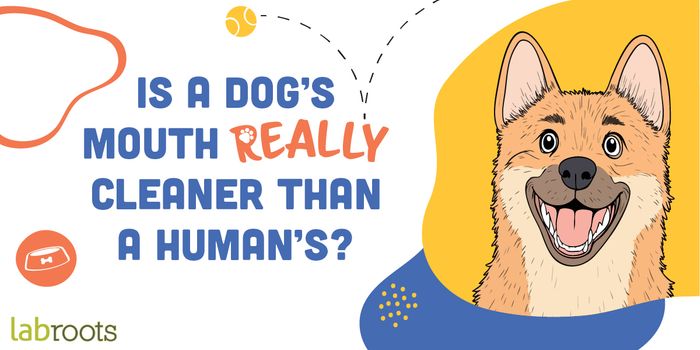Do all animals need sleep?
Sleep is defined as a reversible condition of reduced responsiveness usually associated with immobility. The decreased ability to react to stimuli distinguishes sleep from quiet wakefulness, while its reversibility distinguishes sleep from coma. Only a small number of species—mostly mammals and birds—have been evaluated in detail with respect to sleep. Most studies found signs of sleep, both behavioral (quiescence and hyporesponsivity) and electrophysiological (e.g., the slow waves of non-rapid eye movement [NREM] sleep). Scientists have been hesitant to attribute sleep to reptiles, amphibians, fish, and especially invertebrates, preferring the noncommittal term “rest” in the absence of electrophysiological signs resembling those of mammals and birds.
For example, one animal may go through different stages of sleep than another. Insects and fish, unlike some birds and all mammals, don’t experience Rapid Eye Movement (REM) sleep, when most dreams occur. Horses, cows, and giraffes can sleep while standing, but need to lie down for short stints for REM sleep.
According to an article published in PLOS, studies with Drosophila melanogaster demonstrated that flies, also, become less responsive, i.e., sleep, when they remain quiescent for a few minutes. Sleep pressure increases if flies are kept awake, their sleep patterns change with the life span, and they are sensitive to hypnotics and stimulants. The fly brain also undergoes changes in gene expression between sleep and wakefulness similar to those observed in mammals, and shows changes in brain electrical activity. Similar criteria have now been provided for zebrafish, and there is evidence that even the worm C. elegans shows a sleep-like state at a certain stage of development.
The number of hours than an animal sleeps can vary widely. Cats sleep, on average, for 15 hours a day, while rats clock up to 20 hours a day. Smaller animals, which often have higher rates of brain metabolism, tend to require more sleep, while larger animals generally get less sleep. Dolphins, as well as some other aquatic mammals and some birds, utilize something called unihemispheric slow-wave sleep. This allows one half of the brain to sleep while the other remains awake so that long, non-stop migrations are possible. There is some limited evidence of decreased response to stimuli during stereotypical circular swimming, which is associated with unihemispheric sleep. Some scientists use this argument as evidence that animals do need sleep, explaining: The very fact that dolphins have developed the remarkable specialization that is unihemispheric sleep, rather than merely getting rid of sleep altogether, should count as evidence that sleep must serve some essential function and cannot be eliminated.
On the complete oppsite spectrum from humans, there are also animals who don’t show harmful side effects from sleep deprivation. Cockroaches, honeybees, and tilapia are seen as species whose response to sleep deprivation does not consistently include an increase in sleep time. The PLOS article elaborates: “Evidence of apparent lack of sleep rebound comes from an early study of sleep deprivation using constant light in the pigeon, in which sleep was nearly eliminated in the birds for more than 10 days, with no subsequent increases in either total sleep time or slow-wave activity.”
Despite all the varying sleep habits, some sleep behaviors are similar across the animal kingdom. One example of this is the vast majority of animals’ diurnality - meaning they’re awake in the day and sleep at night. Physiologically speaking sleeping at night, when it is colder, allows animals to avoid expending extra energy.
Sources: PLOS Journal, Ask a Biologist, Sleep.org










